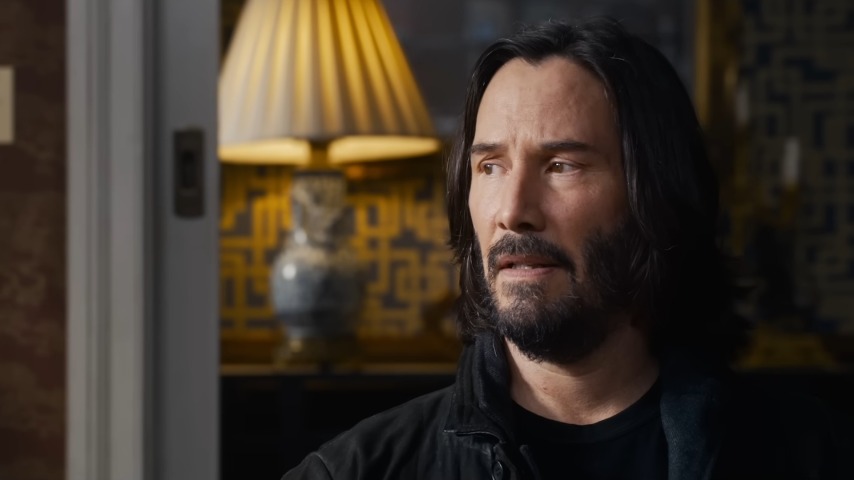It wasn’t the failure of any one movie that got Village Roadshow into this situation (the company didn’t contribute anything to megaflop Joker: Folie À Deux despite financing the first film, for example), but years of arbitration with Warner Bros. over the dissolution of the two companies’ previously positive relationship. Village Roadshow first sued Warner Bros. in 2022, claiming that the latter had breached its contract by releasing The Matrix Resurrections on Max the same day as it opened in theaters. In Village Roadshow’s view, this was a deliberate attempt to harm the film’s box office returns and deny the production company its cut in favor of Warner Bros.’ own platform. In a response, Warner Bros. called Village Roadshow’s filing “duplicitous” and “contrived,” and claimed that the company “reneged on their contractual obligation to pay their share of the cost of the film.” So began a feud that has already cost Village Roadshow $18 million and counting in legal fees, per court documents.
“The Company historically enjoyed a prolific co-production, co-financing and co-ownership relationship with WB, which included the production, ownership and derivative rights flowing from 89 titles—including the Matrix franchise—and comprised the vast majority of the Debtors’ business,” today’s bankruptcy filing reads. “Even if the WB Arbitration is resolved, the Company believes that it has irreparably decimated the working relationship between WB and the Company, which has been the most lucrative nexus for the Company’s historic success in the entertainment industry.”
In the filing, the company listed assets valued at $100 million to $500 million, and liabilities of $500 million to $1 billion, per THR. “While the WB Arbitration does not impact the Debtors’ entitlements (including rights to receive payments in connection with) or ownership stake in its most valuable assets, the Library Assets, it has eradicated the Company’s potential income stream from the exploitation of the Derivative Rights and any new projects that could be co-financed by the Company and WB, both of which, prior to the WB Arbitration, were vital to the Company’s ongoing success,” the documents continue. Put more simply, without its relationship with Warner Bros., Village Roadshow feels it cannot continue to do business.
The writing was on the wall prior to today’s filing. The company has undergone multiple rounds of layoffs in recent months and CEO Steve Mosko stepped down from his post in January. By last December, the situation was so dire that the WGA barred its members from working with the company, as it had reportedly “refused” to pay writers for “numerous projects.” In the filing, Village Roadshow claimed it had hired Goldman Sachs to advise on a possible sale last year, but the WB arbitration “stifled the ability to close the transaction.”









































